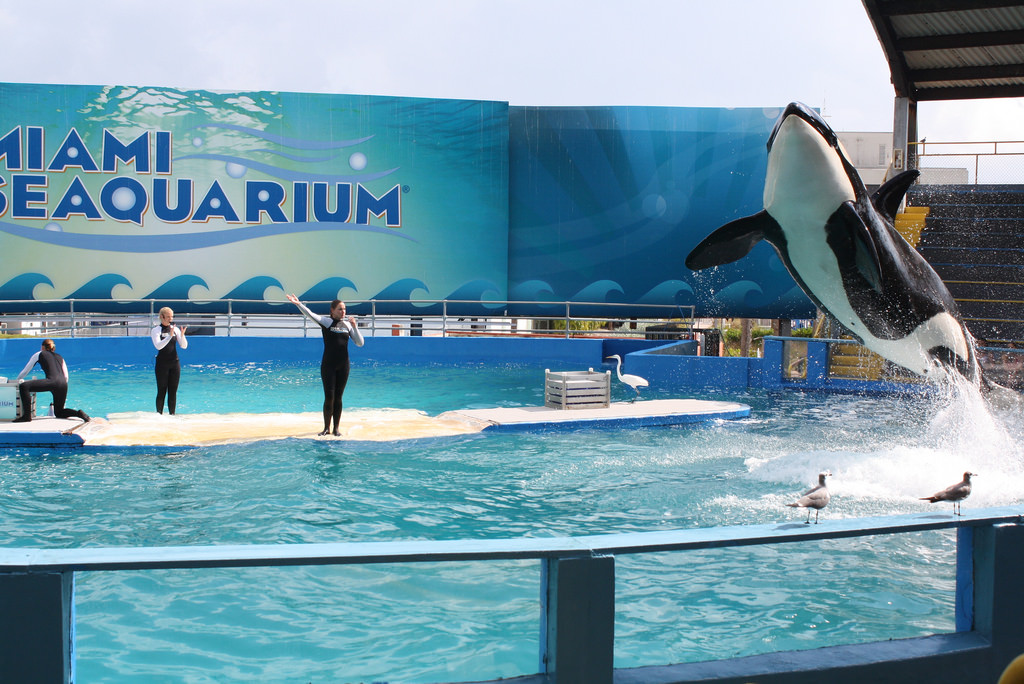Entertainment
Whale of a Chance: Beloved Orca to Return Home After 50+ Years in Captivity
By Mara Lafontaine · August 3, 2023
In brief…
- Plans are in place to return Tokitae the Orca after more than 50 years in captivity.
- Indianapolis Colts owner and billionaire, Jim Irsay, is funding the effort.
- She was the only surviving killer whale of 45 captured from her community before the Marine Animal Protection Act (1972).
- The relocation plan involves a custom stretcher, crane, ice-water bath, a flight to Bellingham, WA International Airport, followed by barge transport to an underwater sea pen.
- The move aims to provide Tokitae with a larger living space and reconnect her with her relatives.

After more than 50 years in captivity, Lolita, also known as Tokitae (Toki to her friends) - the only surviving killer whale of 45 captured from the Southern Resident Orca Community decades ago - is set to return to her native waters of Puget Sound, thanks to carte-blanch funding from billionaire Jim Irsay, owner of the Indianapolis Colts.
Captured at age four, before passage of the 1972 Marine Animal Protection Act, Tokitae has spent nearly five decades performing for crowds in a small concrete tank at the Miami Seaquarium.
“She lived through her capture and the death of her family. She lived through her other family members dying, and she lived through being in this small tank for so many years. But when you see her, her life force is just, I mean, it just brings you to tears,” said Friends of Toki co-founder Pritam Singh.
The plan aims to return Tokitae to Puget Sound by coaxing her into a custom-made stretcher, lifting her out of her tank by crane, and putting her in a small ice water bath for the 6-hour flight by cargo plane to Bellingham, WA International Airport, according to King 5 Seattle. After that, she will be taken by barge to an underwater sea pen, where she will live out her remaining years in a caring environment.
The goal of this relocation is not just to provide Tokitae with a larger living space, but to re-establish contact with her relatives in the Puget Sound.
“All of us are social animals, and everything we know scientifically about Orcas [is] that they are very social… Their brains are more convoluted in the areas of communication and emotion than the human brain. We’ve seen evidence certainly here with the Southern residents [of Puget Sound] of their connection to one another, their connection to family,” said Whale Sanctuary Project Director Charles Vinick, who spearheads the project.
Returning Tokitae to her home is something activists and organizations have long been working for, said Vinck, including the native-American Lummi Nation of the State of Washington, who see Tokitae as a “member of their family who lives beneath the waves.”
“It’s not that we’re different from the others who’ve tried before,” said Vinck, “It’s simply that this is a moment in time when it can happen if we have the regulatory approvals and we continue to have [Tokitae’s] health stabilized.”